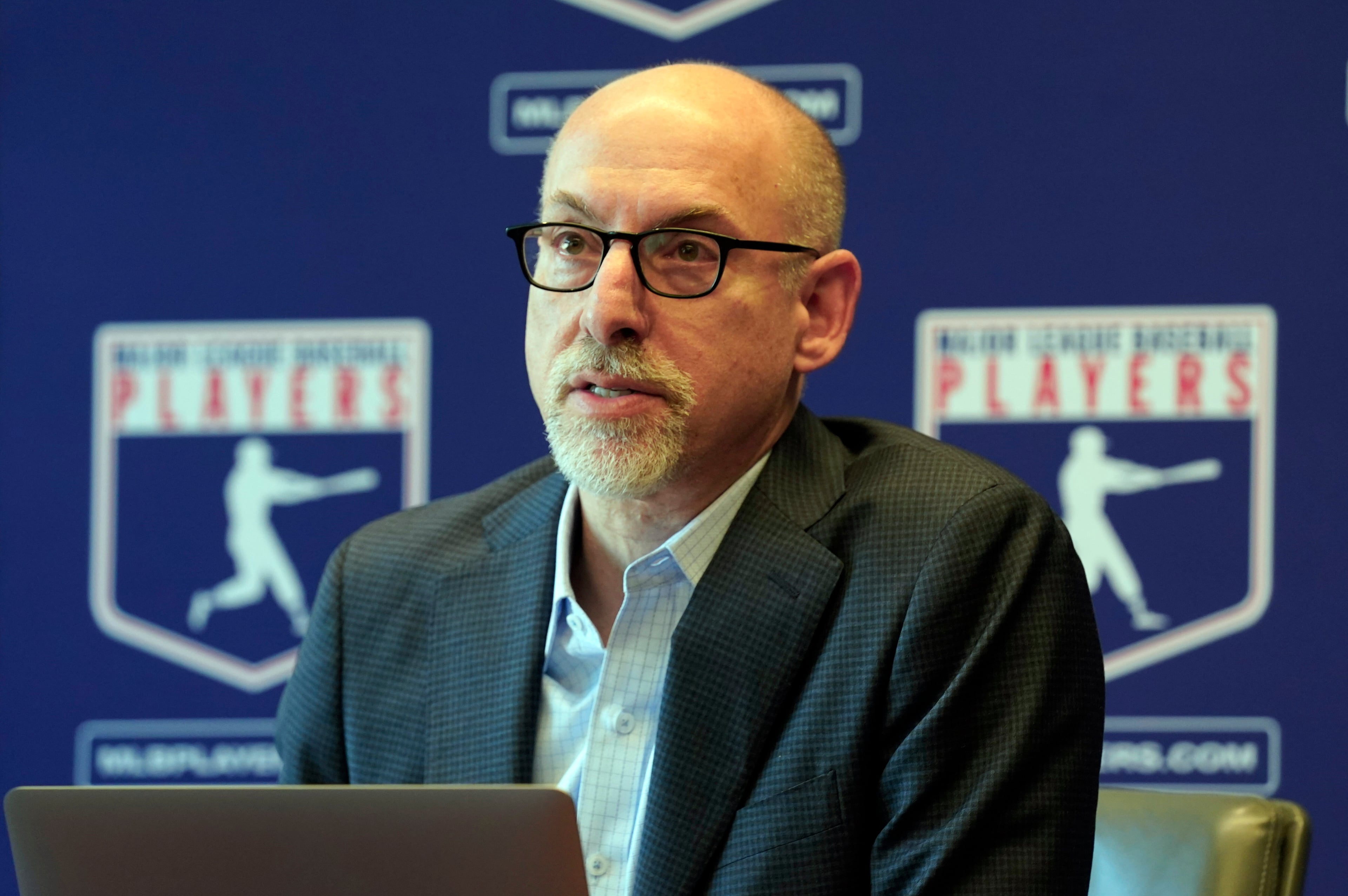A year after movie shooting, Coloradans remember
Some recited the names of the dead. Some did good deeds for their neighbors. And some practiced yoga, walked through nature, or simply talked.
Coloradans embraced ways to heal Saturday as they marked the anniversary of the Aurora movie theater massacre with a city-sponsored “Day of Remembrance.”
It was one year ago that a gunman opened fire into a packed midnight screening of the Batman film “The Dark Knight Rises.” The rampage lasted less than two minutes but left deep wounds that still ache in Aurora, Colorado’s third-largest city which spreads out across the rolling plains on Denver’s eastern side.
Twelve people died, including a 6-year-old girl. Seventy were hurt, some of them paralyzed. Countless others inside the theater and out bear the invisible wounds of emotional trauma.
Parents, siblings and survivors of those slain attended a morning ceremony of prayer, song and remembrance outside Aurora’s city hall. Several hundred people — including police, fire personnel and members of Colorado’s congressional delegation — bowed their heads as the names of dead were read. A small bell tolled after each. The Hinkley High School choir sang “Amazing Grace.”
“One year ago, the peace of our community was shattered,” Aurora Mayor Steve Hogan said. “We are still seeking justice.”
“It is important for us to remember that one senseless act does not, cannot and will not define us as a community,” Hogan added. “This is a story of resilience, not just of Aurora but of humankind.”
Gov. John Hickenlooper told the crowd that many people still struggle with unanswered questions.
“I know I do,” Hickenlooper said.
Dr. Camilla Sasson, an emergency room physician at the University of Colorado, struggled through tears as she recounted the efforts of police and medical personnel to save lives.
“It is absolutely a miracle that 58 people survived that night,” she said.
Mourners clutched white roses and, as the ceremony ended, laid them beneath a large wreath bearing the inscription, “In memory of those lost and those whose lives were forever changed.”
After the ceremony, residents volunteered for projects — tending a community garden, sorting food bank donations, donating blood. Spiritual and mental health counselors were available, along with art therapy projects and poetry readings.
Several hundred yards from City Hall, people visited 12 crosses erected near the cinema where the attack took place. James Holmes, accused of the shooting, was arrested outside the theater in the aftermath of the rampage.
Holmes has been in custody since the shooting and has been charged with murder, attempted murder and a list other offenses. He has pleaded not guilty by reason of insanity. Prosecutors are seeking the death penalty.
Democratic state Rep. Rhonda Fields, whose district includes the theater, said she is still numb and in mourning.
“It hasn’t fully mended after a year,” she said.
Fields said she wasn’t surprised by that. Her son, Javad Marshall-Fields, and his fiancee were shot to death in 2005 to keep Marshall-Fields from testifying in a murder trial. “I’m all too familiar to losing someone to gun violence,” Fields said.
On Friday and Saturday, Fields and other volunteers read the names of more than 2,500 people killed in gun-related violence in the U.S. since the Newtown, Conn., massacre in December. The last volunteer to read names was Stephen Barton, who was wounded last year in the theater shooting.
Immediately after Barton was finished, about 40 volunteers held a moment of silence at 12:38 a.m. Saturday, the time the theater shooting began. The silence lasted 82 seconds to represent the 12 people killed and the 70 wounded.
The ceremony at Cherry Creek State Park in Aurora was sponsored by Mayors Against Illegal Guns, not the city of Aurora. A gun rights group, Rocky Mountain Gun Owners, contended the event wrongly politicized a tragedy to promote gun control, so it staged a counter-rally nearby.
Hoping to capitalize on the anniversary, the Mayors Against Illegal Guns Action Fund began running a TV ad Saturday in eight cities featuring Barton. In it, Barton describes his confusion during the attack and says he wondered afterward, “Why it had to happen to us at all? And who’ll be next?” The spot is running in Denver, Washington, D.C., and six cities in states represented by U.S. senators who in April voted against a failed bill to expand background checks for gun purchases: Las Vegas; Manchester, N.H.; Phoenix; Missoula and Billings, Mont.; and Little Rock, Ark.

